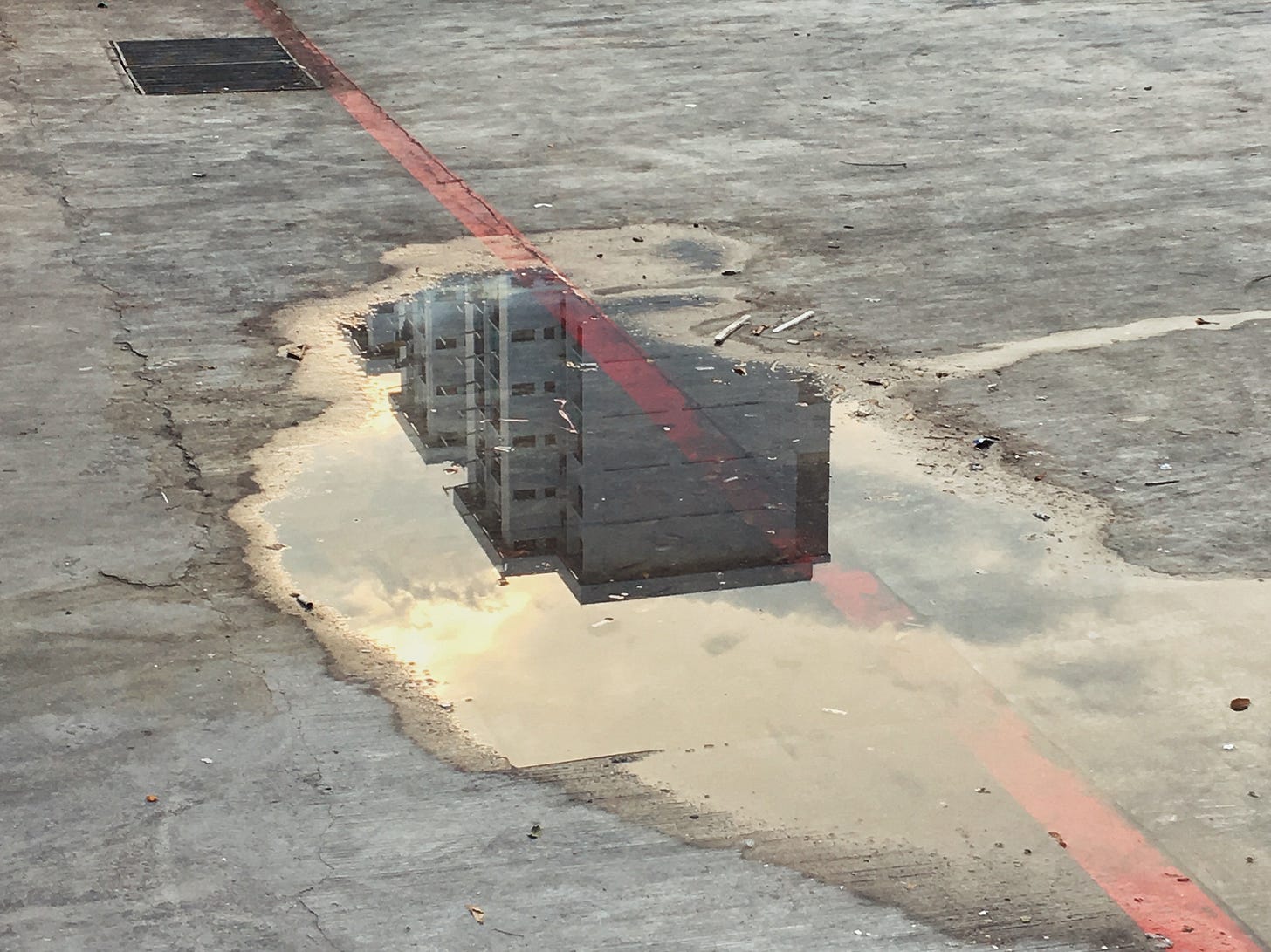How Script Supervising Shaped My Writing Brain (And How It Might Help Yours)
A behind-the-scenes look at how continuity thinking translates to compelling fiction.
For over a decade, I worked as a script supervisor. For those who may not know what that role entails, it’s one of the most underrated jobs on set (in my humble opinion) —tracking scenes, characters, props, costumes, shot lists, emotional and narrative arcs, and dialogue across a ever changing script, often while filming wildly out of sequence. I’ve worked across all genres and formats—from indie dramas to glossy commercials, short-form series to full-length features, high-SFX scenes to live-action animation. Continuity was my job, but over time, it seems, it also became part of my wiring.
So when I sat down to write my novel, something funny happened.
That same continuity brain kicked in.
I didn’t just want to write an exciting new world, I needed it to make sense. The why quickly became more important than the what.
Our world has become a dystopia where children’s futures are decided? Why?
The kids have magic now? Why?
I found myself slipping back into old habits: creating breakdowns for each character and scene, plotting timelines down to the season, tracking emotional arcs the same way I used to track costume changes or SFX. I wanted—nay, needed—internal logic. A layered, believable belief system and characters who responded realistically to the world around them.
I realised I was treating my story like a living production: each scene an act of coordination, each line of dialogue accountable to what came before and what would come after. I even pulled out my old continuity breakdown templates to explore how a belief system might evolve subtly over generations, or how trauma might respond differently through each character’s behaviour. These breakdowns became my master sheet—a flexible, behind-the-scenes tool to hold the logic while I focused on writing momentum during my first draft.
Continuity isn’t just about props and eyelines, it’s about internal cohesion. Because, without that cohesion, reader immersion dissipates. And that book? It gets put down with a sigh and a mighty “meh.”
This way of thinking is one of my strengths as a writer. And if you're deep in your story, buzzing with ideas but overwhelmed by the details. If your characters feel flat, or if something feels “off” even though it's technically correct, I’d love to help.
Continuity is second nature to me. Helping writers tighten their stories is something I genuinely enjoy. If you're curious about what that could look like, stick around. I’ll be sharing more about my process, tools, and behind-the-scenes breakdowns soon.
Have you ever found yourself using skills from an old job in a completely different way? I’d love to hear how your past work has shaped your creative process.
Until then, keep writing.



